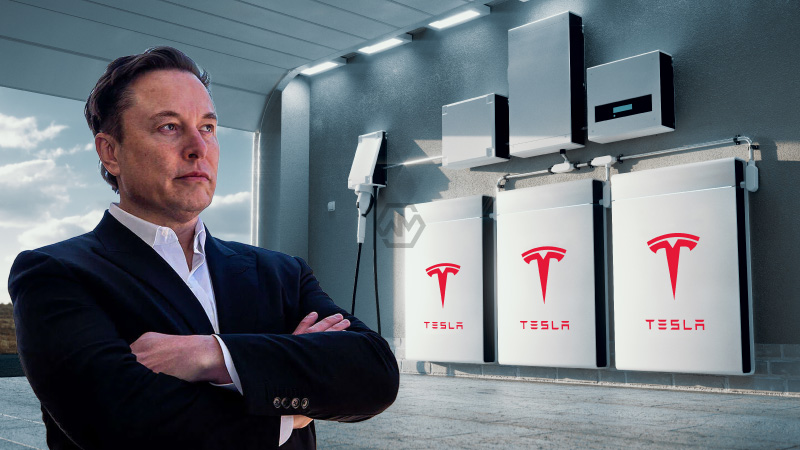Musk was attempting to highlight the potential of lithium producers. Analyst Corinne Blanchard, who covers this sector for Deutsche Bank, concurs and has a hunch about which businesses might also offer investors a chance.
In the medium to long future, “Our fundamental perspective on lithium has not altered, as we anticipate Supply will continue to fall short of Demand. In the upcoming years, we expect the market to be tight, and then a significant deficit will occur,” noted Blanchard. “We prefer the most established Lithium producers because we think they can provide better execution with a lower risk profile and are well positioned for expanding volumes in key jurisdictions,” the company said.
Lithium Refining
Lithium Americas, a mining and refining company with significant future development potential, will be our first stop. The Thacker Pass Mine, located in northern Nevada, is LAC’s most valuable asset even though it is still in the pre-revenue stage. It has the largest lithium deposits in the US.
For the nation’s emerging EV industry, which requires high-quality Li-ion batteries, this makes the mine a significant resource. Additionally, LAC has joint venture agreements and full control of high-purity lithium mines in Argentina.
- Musk was attempting to highlight the potential of lithium producers.
- Lithium Americas with significant future development potential, will be our first stop.
- LAC has joint venture agreements and full control of high-purity lithium mines in Argentina.
Thacker Pass is an intriguing concept, but it won’t be ready until 2026, which is a long way off. Early in March, the firm announced the beginning of construction. By the first quarter of 2019, LAC expects to have produced 40,000 tpa of lithium carbonate at full capacity.
Now let’s move on to Chile, the second-largest producer of lithium in the world and the nation with the largest lithium deposits. As a result, Sociedad Quimica Y Minera de Chile is among the biggest producers of potassium nitrate, iodine, and lithium in the world.
The company manufactures lithium carbonate and lithium hydroxide from brine in Chile’s Salar de Atacama, the country’s largest salt flat. Gross profit increased significantly from the $542.8 million produced in 4Q21 to $1.64 billion.
Due to this, the business was able to surpass the $3.77 forecast and produce EPADRs of $4.03, which is a substantial improvement over the $1.13 generated in the same quarter last year.
However, Deutsche Bank’s Blanchard notes that given the ongoing renewal process, SQM could be impacted because its contract to gather lithium in Chile’s Atacama salt flat expires in 2030. Blanchard predicts that there won’t be any significant modifications to current contracts.



